February 12, 2019
UK workers demand better remote working options, claims Airbnb report
 UK employers need to provide more flexible and remote working options in order to attract the best talent, according to new research released by Airbnb for Work. Airbnb’s Future of Work report, the first of its kind from the platform, has revealed that the modern trend of remote and flexible working shows no sign of slowing down, and companies embracing this change stand to make the best hires. Workers in the UK are demanding more flexibility than ever, with 77 percent of respondents – and 84 percent of Millennials – agreeing that companies need to provide more remote options to attract talent.
UK employers need to provide more flexible and remote working options in order to attract the best talent, according to new research released by Airbnb for Work. Airbnb’s Future of Work report, the first of its kind from the platform, has revealed that the modern trend of remote and flexible working shows no sign of slowing down, and companies embracing this change stand to make the best hires. Workers in the UK are demanding more flexibility than ever, with 77 percent of respondents – and 84 percent of Millennials – agreeing that companies need to provide more remote options to attract talent.














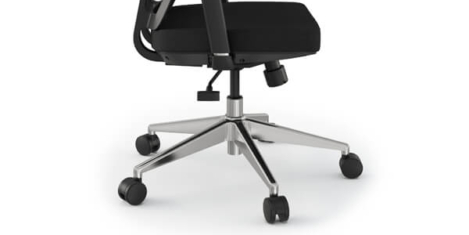

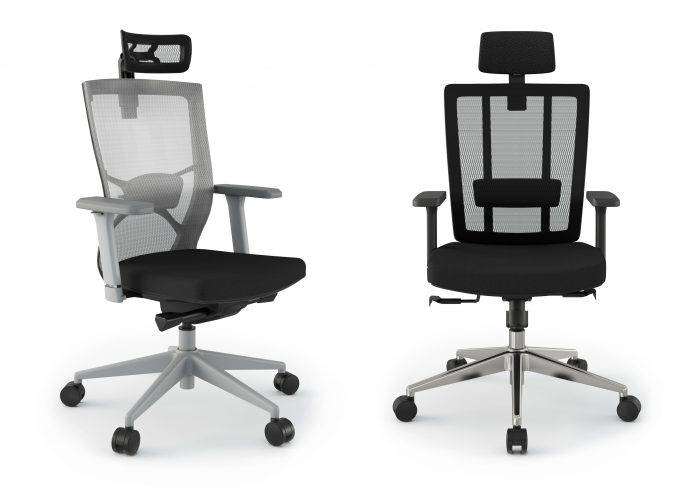
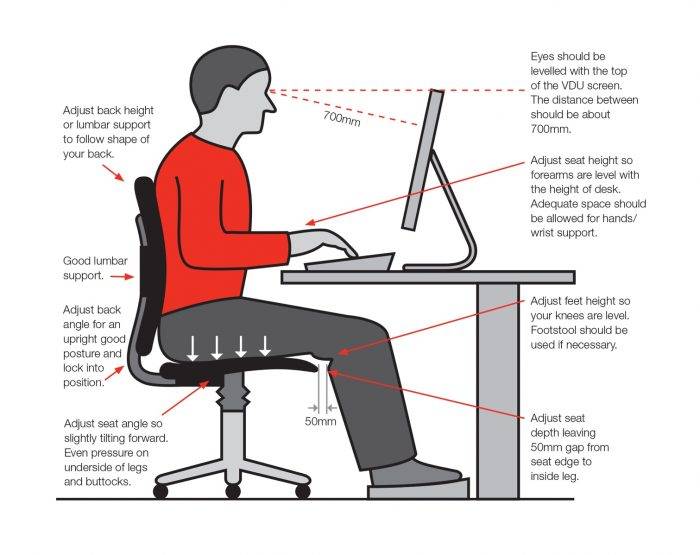
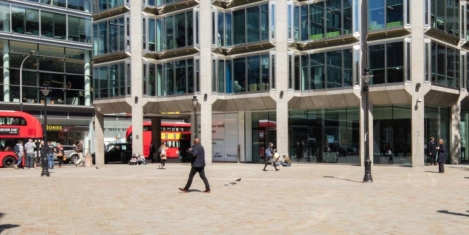
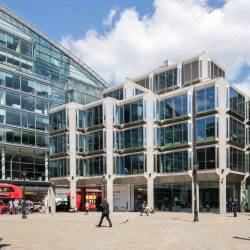
















January 24, 2019
Australian designers are fundamentally reshaping workplaces around the world
by Bronte Turner • Comment, Workplace design
(more…)